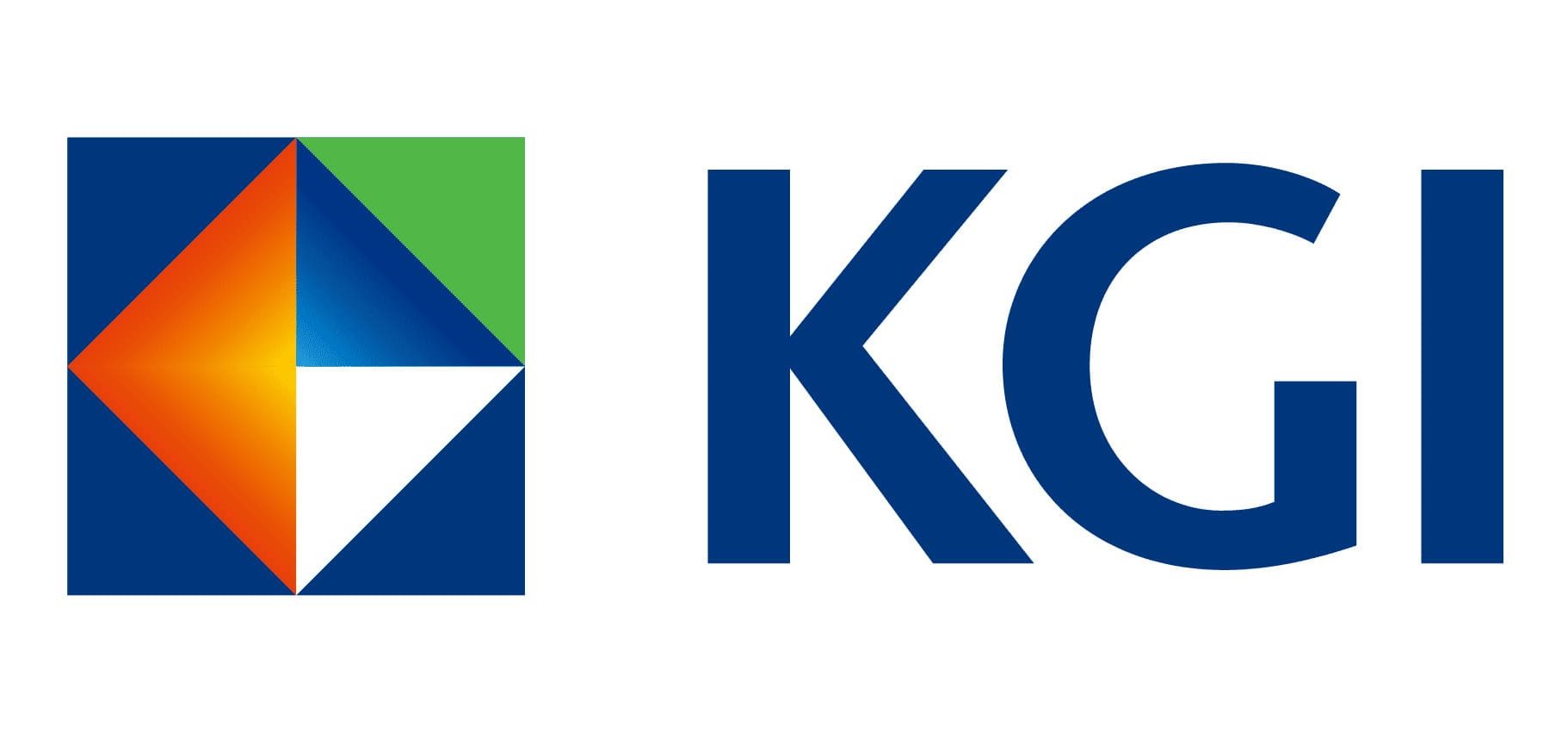Weekly Securities Newsletter: Israel-Iran Tensions Ease

Israel-Iran Tensions Ease
Chart of the Week:
Israel and Iran Agree to Ceasefire; Market Slightly Raises Rate Cut Expectations for This Year
President Trump announced that Israel and Iran have reached a ceasefire agreement, emphasizing hopes for easing tensions. While sporadic clashes have continued, the news has helped improve market risk sentiment. Oil prices also dropped sharply, with WTI crude futures falling nearly 15% from around $75 per barrel at the onset of conflict to approximately $65. As we noted last week, oil prices are closely correlated with overall U.S. CPI, and this retreat in prices should help ease inflationary pressure.
Market Recap 1:
Israel-Iran Ceasefire Lifts U.S. Stocks; Job Market Cools, but Business Activity Keeps Expanding
Trump announced a ceasefire deal between Israel and Iran, easing geopolitical tensions and improving investor sentiment. Combined with falling oil prices, which help reduce uncertainty tied to energy costs, U.S. equities performed well overall, with technology and semiconductor stocks leading the gains.
Market Recap 2:
“Reciprocal Tariff” Deadline Not Critical; Oil Price Gains from Conflict Largely Unwound
The White House clarified that July 9 is not a decisive deadline for the “reciprocal tariff” review, as the deferral period may be extended—easing concerns about inflationary pressures. Meanwhile, oil prices have largely reversed the gains seen after the Israel-Iran conflict erupted, further relieving inflation risks. These developments give the Fed more room to cut rates. Yields on both short- and long-term Treasuries have declined, supporting global bond markets. Additionally, easing geopolitical risk has helped boost high-yield credit performance.
What’s Trending:
Small-Cap Stocks in Europe and Japan Hold Their Ground vs. Regional Giants; Trade Risks Rise, Preference for Domestic Plays Remains
Year-to-date, small-cap stocks in the Eurozone and Japan have performed on par with their regional large-cap peers. Since Trump’s return to office, global markets have experienced heightened volatility due to shifting trade policies. Small-cap stocks, which traditionally derive a higher share of revenues from domestic markets, are generally less exposed to external trade risks. However, interest rates in the U.S. and UK remain elevated, unlike in the Eurozone—which has cut rates eight times by a total of 200 basis points—or Japan, which only exited negative rates in early 2024. Given their typically weaker financing capacity, small-cap stocks in these regions still underperform on a relative basis.
In Focus 1:
Post-Conflict, Energy Stability Gains Priority; New York Governor Pushes for Next-Gen Nuclear Plant
While Iran’s average crude exports account for less than 2% of global supply, its proximity to the Strait of Hormuz—through which roughly 20% of the world’s oil and 30% of natural gas transit—grants it strategic importance. Although tensions have eased, recent price volatility in energy markets is expected to push governments to prioritize energy security. This shift is also driven by unresolved risks from the Russia-Ukraine war and the growing electricity demand from AI, cryptocurrencies, and electric vehicles.
In Focus 2:
Reform of the Upstream Nuclear Supply Chain to Sustain Investment Opportunities
Kazakhstan, Canada, and Namibia currently dominate global uranium exports, collectively accounting for nearly 60% of total supply. The U.S. remains reliant on uranium imports but has recently resumed domestic production of uranium concentrates. Preliminary data for 2024 indicates output has reached its highest level in years, after being virtually stagnant since 2019. In 2023, about 27% of U.S. commercial nuclear fuel processing was sourced from Russia. In May 2024, the U.S. formally enacted the Prohibiting Russian Uranium Imports Act, banning American companies from importing low-enriched uranium from Russia. In response, Russia announced a temporary restriction on enriched uranium exports to the U.S., effective November 2024. These developments have heightened the strategic importance of a resilient domestic supply chain. With the legislative grace period set to expire over the next few years, upstream reform is expected to continue generating long-term investment opportunities.



